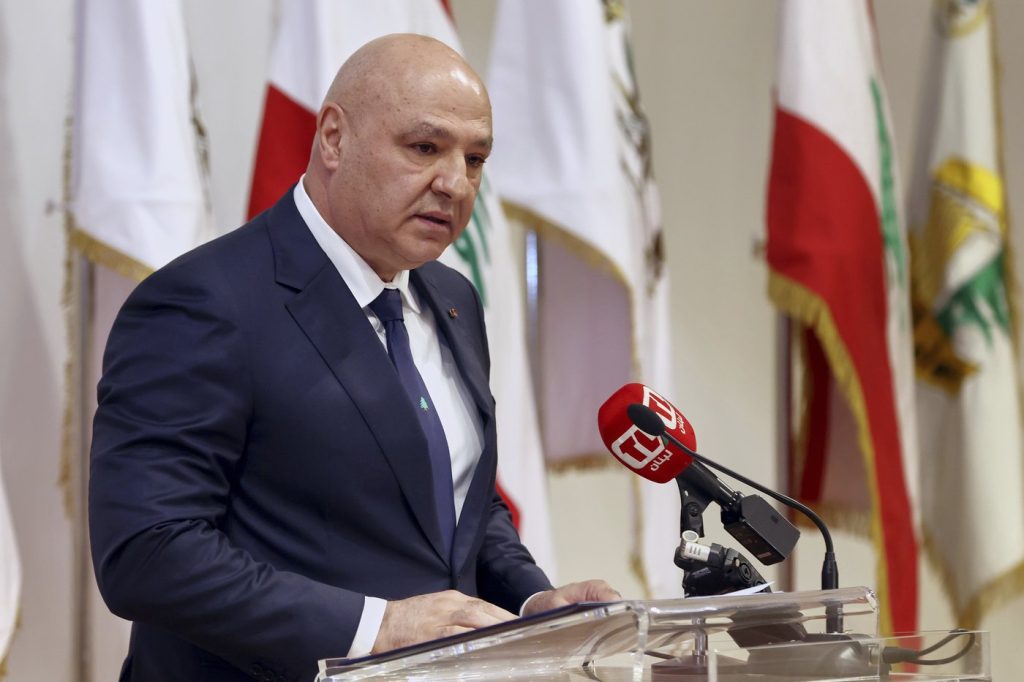BEIRUT (AP) — Lebanese President Joseph Aoun has once again called for the militant group Hezbollah to relinquish its weapons. This statement, made during a speech marking Army Day on Thursday, comes just a day after Hezbollah's leader, Naim Kassem, reaffirmed the group's determination not to disarm.
President Aoun's remarks were driven by increasing pressure from Washington for Hezbollah to disarm. He noted that the United States has presented Lebanon with "draft ideas," which the Lebanese government has significantly amended and plans to present to the Cabinet early next week.
According to Aoun, the Lebanese proposal includes an "immediate cessation of Israeli hostilities" involving airstrikes and targeted killings, as well as a complete withdrawal of Israeli forces from southern Lebanon. Furthermore, it calls for the release of Lebanese prisoners currently held in Israel. To complement these actions, Aoun emphasized that Lebanon would commit to the "withdrawal of the weapons of all armed forces," including Hezbollah, and their surrender to the Lebanese Army.
These statements followed a speech by Hezbollah's leader, Naim Kassem, who labeled the group's arsenal as "part of Lebanon's strength." Kassem argued that any demand for the disarmament of Hezbollah effectively translates to a demand for arming Israel. Hezbollah officials have reiterated their position to not entertain discussions surrounding the disarmament of their arsenal until Israel fully withdraws from Lebanese territory and halts its offensive operations.
In addition, Aoun stated that Lebanon's proposal also seeks international support, calling for donors to contribute $1 billion annually for a decade to bolster the capabilities of the Lebanese army. He mentioned that an international donor conference is being planned for the fall to raise funds for the reconstruction of areas in Lebanon that were damaged or devastated during the recent war between Israel and Hezbollah.
This conflict reportedly concluded with a U.S.-brokered ceasefire in November, which mandated that Hezbollah and Israeli forces withdraw from the region south of the Litani River in Lebanon, an area that would subsequently be monitored by an enhanced Lebanese army and U.N. peacekeepers.
However, the terms of the agreement regarding Hezbollah's weapons and military installations north of the Litani River remain unclear. The deal delineated that Lebanese authorities should dismantle unauthorized facilities, initially focusing on areas south of the river. Hezbollah contends that this agreement is limited to the southern region, while Israel and the U.S. interpret it as necessitating the disarmament of the group throughout the entirety of Lebanon.
Since the ceasefire's implementation, Israel has maintained occupation of five border points in Lebanon and continues to engage in almost daily airstrikes, which it claims are aimed at curbing Hezbollah's attempts to rebuild its military capabilities.











